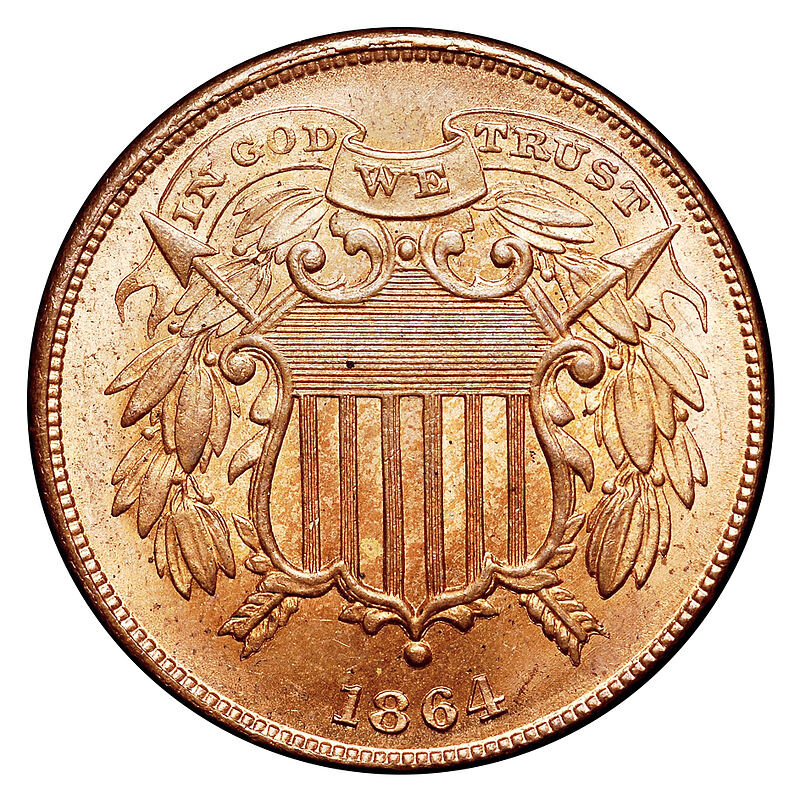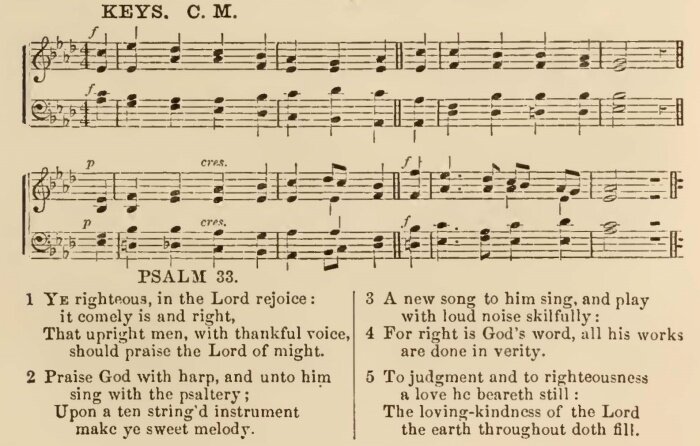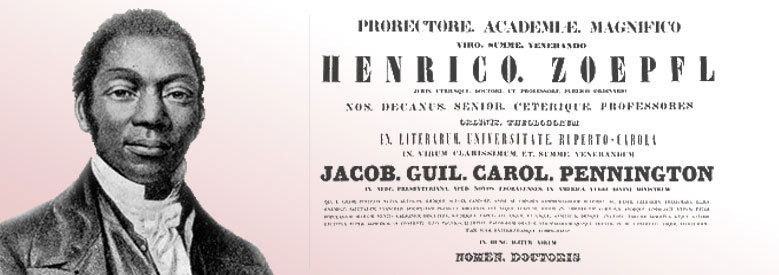(Receive our blog posts in your email by clicking here. If the author links in this post are broken, please visit our Free PDF Library and click on the author’s page directly.)
We have examined previously what constitutes a solid, recommended pastoral library as described by Thomas Murphy; and J.O. Murray, B.B. Warfield, and others. In today’s post, we take a look at recommendations from George Summey of The Presbyterian Quarterly and R.A. Lapsley, Sr. in the Union Seminary Magazine of 1903.
In Vol. 16 of The Presbyterian Quarterly, pp. 407-409, we find a list of 100 recommended titles compiled from the suggestions of many pastors and professors as to what should constitute the basic inventory of a young pastor’s library.
Beginning with the King James Version and Revised Version of the Bible, and Greek and Hebrew lexicons, the list continues with Bible dictionaries and concordances, and Bible commentaries (Matthew Henry and J-F-B on the whole Bible, and select commentators on individual books, such as William Henry Green on Job and Joseph Addison Alexander on Isaiah), before proceeding to classics of Christian literature such as John Calvin’s Institutes, Charles Hodge’s Systematic Theology, Thomas à Kempis’ Imitation of Christ, Thomas Murphy’s Pastoral Theology, Fisher’s Catechism, B.M. Palmer’s Theology of Prayer, and D'Aubigné’s History of the Reformation; and classics of literature in general, including Shakespeare, Milton, Tennyson and Dickens.
It is a full list with a sufficiently broad scope to encompass many areas of study with which each pastor ought to be acquainted. But no list of this nature is going to be complete. R.A. Lapsley wrote his own article to supplement that of the Presbyterian Quarterly by proposing several additional fields of literature of great value to the young minister.
Experimental religion - Andrew Murray, Abide in Christ; Archibald Alexander, Thoughts on Religious Experience; William S. Plumer, Vital Godliness; Jonathan Edwards, Religious Affections; and the practical works of John Owen;
Revivals of religion - G.W. Hervey’s Manual of Revivals, with particular reference to the bibliography at p. 143-144, and the outlines of George Whitefield’s sermons, and others;
Sermons — The sermons of Charles Spurgeon are recommended, as well as Stuart Robinson’s Discourses of Redemption; and those found in the 1896 Southern Presbyterian Pulpit;
Hymnology — S.W. Duffield, English Hymns: Their Authors and History; and
Christian biographies — Memoirs of Robert Murray M’Cheyne, Edward Payson, William C. Burns, and David Brainerd are among those recommended.
Lapsley concludes thus:
These, then, are some of the lines along which a preacher's library ought to grow, building upon the solid foundation laid down in the Quarterly’s list of one hundred books. If a man is to be a preacher and pastor, as well as a theologian and exegete, he wants to have and “inwardly digest” some books on religious experience and revivals of religion, some volumes of sermons, something on religious poetry, especially hymnology, and a number of the choicest religious biographies. These, along with text-books on Pastoral Theology and hand-books of missions, furnish the material for that great department of Practical Theology which is a vital point in ministerial equipment, coördinate with dogmatics and hermeneutics.
In short, the well-read and well-rounded minister is one who begins with the study of the Bible and proceeds to consult spiritual classics from the spectrum of history. Lapsley is not averse to recommending (for occasional perusal) the autobiography of Charles Finney (with a caution about his Pelagianism), but offers his highest praise of the practical works of John Owen. Read Summey’s list here, and Lapsley’s article here, for the combined pastoral library recommendations from the 1903 Presbyterian Quarterly and Union Seminary Magazine.































